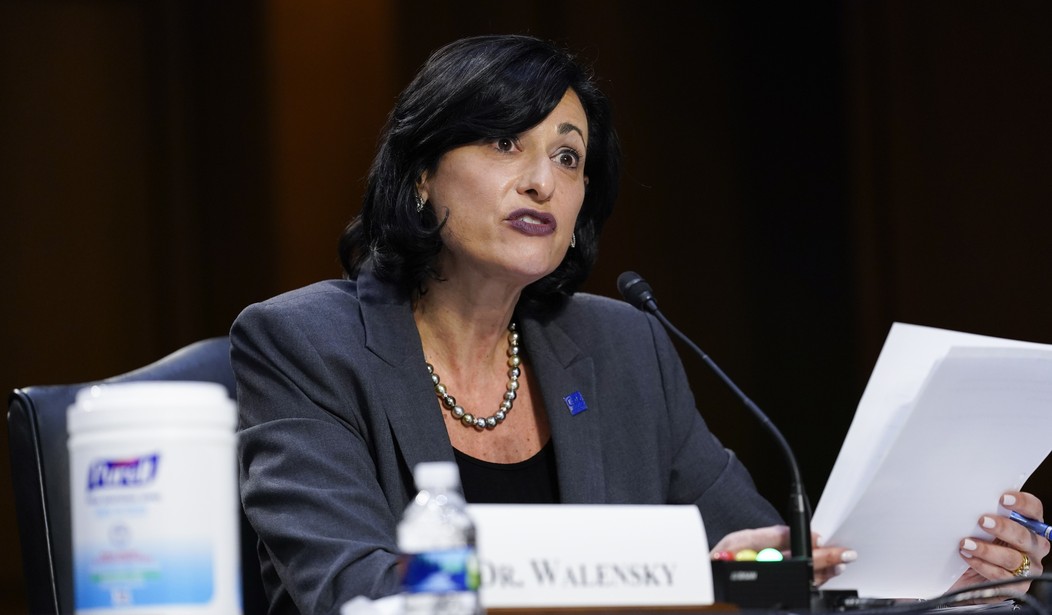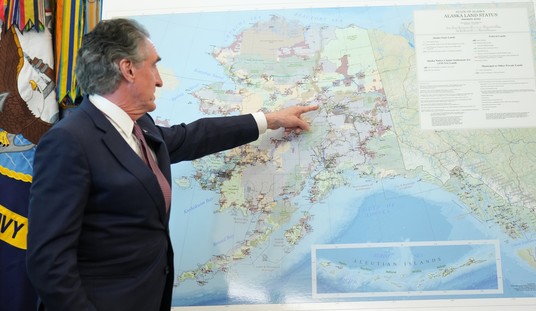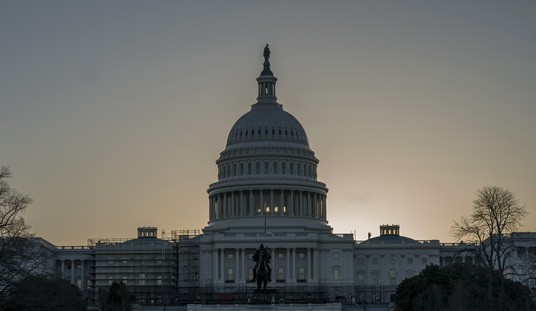Thousands of doctors and nurses across the country have been fired in recent months after refusing to take the Wuhan coronavirus vaccine.
Northwell Health, which employs more than 76,000 people as New York State’s largest healthcare provider, has fired 1,400 of its workers after they refused to get vaccinated against the coronavirus, the company announced Monday.
Now that there's a surge in cases, the CDC is invoking a contingency plan to fill the gap at hospitals and health clinics.
"Maintaining appropriate staffing in healthcare facilities is essential to providing a safe work environment for HCP and safe patient care. As the COVID-19 pandemic progresses, staffing shortages will likely occur due to HCP exposures, illness, or the need to care for family members at home. Healthcare facilities must be prepared for potential staffing shortages and have plans and processes in place to mitigate these shortages. These plans and processes include communicating with HCP about actions the facility is taking to address shortages, maintaining patient and HCP safety, and providing resources to assist HCP with anxiety and stress," the CDC states in updated guidance. "When staffing shortages are anticipated, healthcare facilities and employers, in collaboration with human resources and occupational health services, should use contingency capacity strategies to plan and prepare for mitigating this problem."
"When staffing shortages occur, healthcare facilities and employers (in collaboration with human resources and occupational health services) may need to implement crisis capacity strategies to continue to provide patient care," the guidance continues.
Recommended
The White House is also grappling with how to handle a self-inflicted shortage of healthcare workers by deploying the military.
"The President is directing Defense Secretary Lloyd Austin to ready an additional 1,000 service members—military doctors, nurses, paramedics, and other medical personnel—to deploy to hospitals during January and February, as needed," the White House announced on December 21. "The President is announcing that six emergency response teams—with more than 100 clinical personnel and paramedics—are deploying to six states now: Michigan, Indiana, Wisconsin, Arizona, New Hampshire and Vermont. This is on top of the 300 federal medical personnel that we have deployed since we learned about Omicron."
Meanwhile, Biden's vaccine mandate for Medicaid and Medicare workers will be heard at the Supreme Court next week.

























Join the conversation as a VIP Member